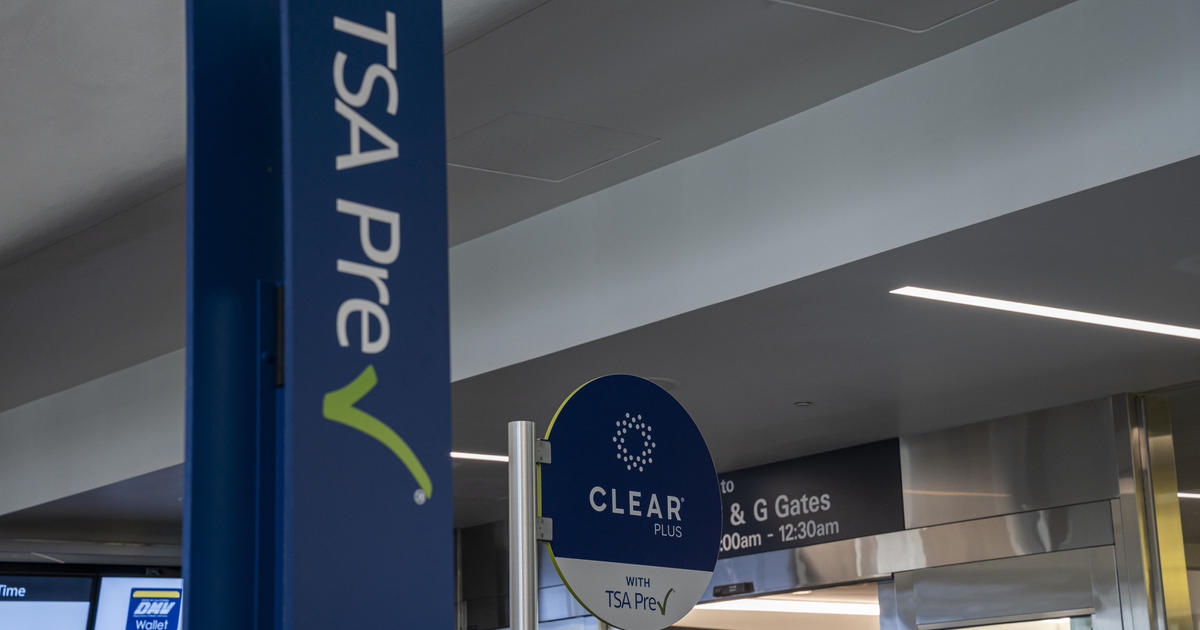Guess who else doesn’t love the American Health Care Act?
Another group is concerned about the American Health Care Act after the Congressional Budget Office concluded the legislation would cause 23 million people to lose their health insurance and drive premiums up: health care companies.
"It's hard to find good news in this report for anyone in the health care industry," said Tom Bulleit, a partner in the health practice of law firm Ropes & Gray.
Fewer patients. Perhaps the greatest issue of concern for health insurers and heath care providers dovetails with that of consumers who would lose coverage under the House-passed bill -- that many Americans would have to pass up medical care. Along with potentially posing a risk to people's health, that could take a financial toll on the industry.
The AHCA's move to eliminate the "individual mandate" under Obamacare, which requires people to have health insurance and which is one of the aspects most disputed by Republicans, would also reduce demand for services.
At the same time, the AHCA eliminates Obamacare's income-based tax subsidies, which are designed to make it easier for people of modest means to afford health care premiums, and replaces them with tax credits based on age. Older Americans could find they receive far less help with premiums, and so may forgo health insurance.
The AHCA tax credits are designed to make it more affordable for younger, healthier people to buy health insurance. This is a key point for insurers who face a shortage of healthy people joining the exchanges. But Bulleit is skeptical.
"Without the mandate, there is simply not enough incentive for healthy people to buy full insurance policies," he said.
Meanwhile, the factor that would likely do the most to drive up the number of uninsured is the AHCA's proposed cuts to Medicaid -- $834 billion over 10 years. "The decrease in Medicaid funding is a huge negative for health care providers," Bulleit said.
Waivers, the big unknown. An amendment to the AHCA written by Rep. Tom MacArthur, R.-New Jersey, would allow states to apply for a waiver from two major federal health care requirements. The first would allow insurers to no longer cover all essential health benefits required under the law, including maternity care, and mental health and substance abuse treatment. The second would let states charge people with preexisting conditions who have let their insurance lapse higher premiums than what healthy people pay, a process known as medical underwriting. CBO analysts project that one-sixth of the U.S. population reside in states that could choose not to cover essential health services and opt for medical underwriting.
In states where such a rollback could happen, insurance companies may see some daylight. States that opt for waivers would allow insurers to sell limited coverage and catastrophic policies that were all but eliminated under Obamacare. Some insurers may be happy to return to these markets.
In general, however, the waivers would add to the rolls of the uninsured or underinsured, eroding business for health care providers.
Cost-sharing subsidies. The future of cost-sharing reduction subsidies -- financial aid for low-income people to help with out-of-pocket medical costs including deductibles and co-pays -- is a huge wrinkle in the current health care debate. The AHCA would end these subsidies. But without that support, insurers say they will have to significantly hike premiums to make up for the cost-sharing these customers will no longer be able to afford.
More urgently, the fate of cost-sharing reduction subsidies is in flux right now, making health care industry professionals even more nervous.
The House of Representative sued the Obama administration, saying the subsidies were illegal because money had not explicitly been appropriated in the government's budget to pay for them. A judge ruled in favor of the House, but it was appealed. Payments were permitted to continue pending the appeal.
Recently, the Trump administration asked the appeals court for a 90-day hold before it announces what it will do about the cost-sharing subsidies. The delay comes just as insurers are trying to determine whether they will continue in the exchanges and how much they will charge next year. The uncertainty is making those decisions difficult. At least two major insurers have spoken out publicly about the uncertainty concerning health care reform under the Trump administration.
Onto the Senate. Republican Senators have made it clear that they plan to change, if not completely rewrite, the AHCA. Bulleit said the health industry is hoping for increased tax credits, continued cost-sharing subsidies and more funding for insurance coverage for people with preexisting conditions.
At the same time, by June 21 insurers must submit their rate plans and intentions regarding which exchange marketplaces they intend to participate in during 2018, according to Chris Meekins, a research analyst at FBR & Co. He predicts the average plan will show double-digit rate increases and that 40 percent of counties will have only one or no option on its exchange. This, sayid Meekins, "should spur Senate action."



